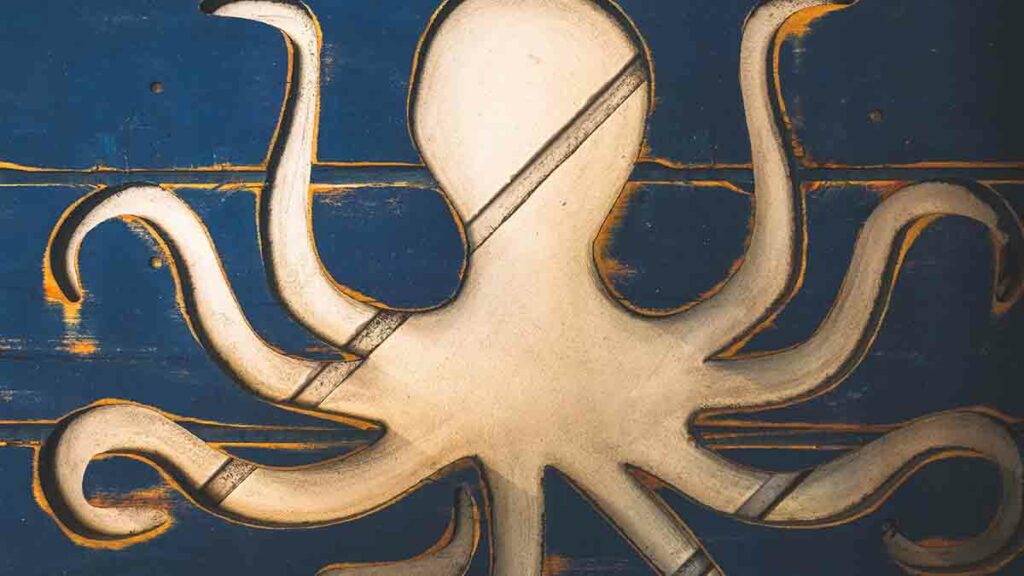Fifth and last post of the new series of posts focused on the discovery of 5 creative typologies. This time, we talk about the so-called intuitive creativity, the creativity of zen.
There are ideas that come out of nowhere, like a hurricane that sweeps everything away. This type of ideas are complex to find, since they are not at all commonplace and even less so if they are not stimulated.
Intuitive, zen creativity
Intuitive creativity is built from two points: reception and generation. The first step arises from a process of liberation in which the mind is abstracted from the outside world, to subsequently and upon receiving the idea, materialize it.
Intuition is everything in this type of creativity; however, building an intuitive mind requires several processes and activities. For example, meditating, practicing yoga, doing breathing exercises or freeing the mind.
Becoming more creative is possible by working on one’s capabilities and characteristics. By building and solidifying your type of creativity you will have more impact on your personal and professional projects. Analyze which type of creativity (of these 5 that we have seen in the series) generates more identification in you and enhance your qualities.

Zen creativity promotes mindfulness, simplicity and connection to the present moment
This perspective has several important implications for the creative process:
It promotes mental clarity
It emphasizes the importance of freeing the mind from mental agitation and noise. This mental clarity is essential to allow creative ideas to arise naturally and fluidly.
Promotes mindfulness
Mindfulness, or mindfulness, is fundamental to Zen. This means being fully present in the present moment, which is essential for observing and appreciating details that go unnoticed in the daily routine.
Stimulates keen observation
By adopting an attitude of careful and mindful observation, people can notice details and patterns that can be a rich source of inspiration for creativity.
Simplifies and clears the path
This is a key characteristic of Zen. Eliminating the superfluous and focusing on the essential can help distill creative ideas.
Cultivates intuition
By being in tune with the present moment and with oneself, people can access a form of intuitive wisdom that can guide the creative process in unique ways.
Encourages spontaneity
It is not overly concerned with the end result, but rather emphasizes the process itself. This can free individuals to experiment and create more freely and spontaneously.
Promotes unity between body and mind
Emphasizes unity between body and mind. This can lead to a greater sense of fluidity and harmony in the creative process, which can result in more authentic and genuine work.
Reduces anxiety and stress
Your practice can help reduce anxiety and stress, factors that often block creativity. A calm and serene mind is better prepared to unleash the imagination.
Photo credit: KM